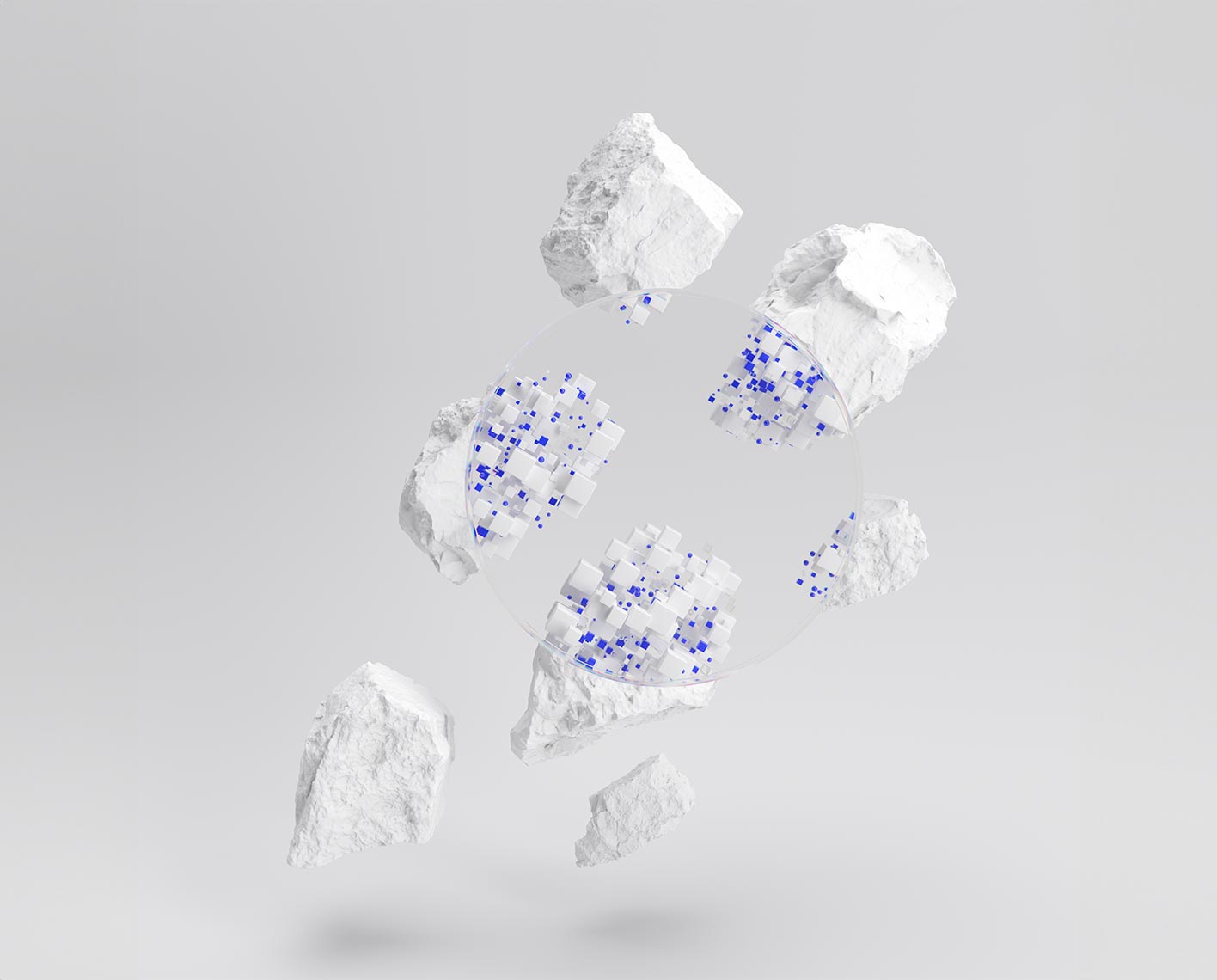Jet Blaster
Engineered high-pressure jetting service
Perform wellbore cleanouts including sand lift, tubing-scale removal, sand screen cleaning, and near-wellborn skin removal.

Mineral scale deposition can plug the most permeable reservoir, forcing you into a relentless and costly struggle to maintain a clear pathway to maximize production. Regardless of scale type and location (from reservoir to surface), deposition must be dealt with quickly, effectively, and strictly following safety protocols..
When scale—mineral or elemental—has accumulated downhole, topside, or on export terminals, the DeScal™ descaling, decontamination, and decommissioning service is the answer.
Together with employing advanced and site-specific analytical methodologies, we provide an extensive suite of new-generation, noncorrosive, environmentally compatible scale dissolvers. As a bonus, scale dissolvers used by DeScal service remove the largest amounts of scale per liter, reducing overall treatment costs.
The powerful yet nonhazardous and noncorrosive BaSOL 2000 HP™ scale dissolver and BaSOL 2020™ environmentally friendly barium sulfate scale dissolver provide the optimal pH for sulfate scale dissolution. With dissolution capacities up to 80 g/L, BaSOL™ scale dissolvers ensure rapid action compared with other industry products while providing improved environmental profiles. In addition, BaSOL 2000 HP dissolver is reservoir compatible for near-wellbore treatments.
Uniquely formulated CAL-Acid™ scale dissolver provides a viable, fast-acting alternative to conventional mineral acid treatments for carbonate scales. It has the same calcium carbonate scale dissolution capacity (260 g/L) as 15% hydrochloric acid (HCl). In addition, it possesses an inherent sequestering capacity that prevents reprecipitation of undesired substances—such as iron (liberated through scale dissolution)—that could potentially damage the formation. CAL-Acid dissolver is reservoir compatible for near-wellbore treatments.
Dissolver that provides the optimal pH (7–8) to dissolve calcium sulfate scale, while retaining the ability to dissolve coprecipitated barium and strontium sulfate scales.
Unique alkaline dissolver that removes iron sulfide, iron oxide, and sulfur in a secure and controlled manner without liberating H2S.
Effective targeting of various types of iron oxide scale (e.g., rust, corrosion products)
Bespoke corrosion-inhibited scale dissolvers for environmentally sensitive areas, including HPHT conditions
During hydrocarbon production, coprecipitation or electrochemical deposition of radioactive elements, such as radium, polonium, and lead, can generate potentially hazardous NORM.
Scale deposition restricts production and increases the costs and risks associated with decommissioning and NORM decontamination. The all-inclusive DeScal descaling, decontamination, and decommissioning service provides you with a project-specific, single-source solution for even the most challenging scale issues.
Typically taking the form of barium or radium sulfate, elemental metallic lead, or other mineral scales, NORM deposits may pose HSE issues. Most of these deposits cannot be completely rectified with high-pressure water jetting or other conventional treatments.
DeScal service teams have extensive experience in conducting successful NORM decontamination operations, using technologies and processes that minimize both HSE and economic risks.
In addition to chemical solutions, the DeScal service team employs mobile decontamination units comprising tanks, cradles, pumps, and interlinking bunds. The mobility of these units allows onsite, point-of-generation decontamination, eliminating the risks involved in transporting hazardous radioactive equipment or waste.
Irrespective of location, at a minimum every NORM decontamination project we undertake is managed under the auspices of UK Ionizing Radiations Regulations 1999 (IRR99) and in compliance with Radioactive Substances Act (RSA) 1993 standards.
Because of the wide variety of hydrocarbon-producing installations worldwide, technical solutions for decommissioning differ and are often customized for each specific activity throughout the operation. DeScal service teams identify the optimal strategy for each application, ensuring efficient technical process design and QHSE compliance.
Challenges frequently associated with decommissioning projects are competently managed. They include
Supplied as concentrated blends, scale dissolvers used in the DeScal service reduce chemical volumes to help manage overall treatment costs. The comprehensive package can be delivered onsite and uses the latest mechanical technologies, including ultrahigh-pressure water jetting and proprietary plasma cutting, to complement the chemical components. We also provide posttreatment analysis, using a proprietary diagnostic software package.